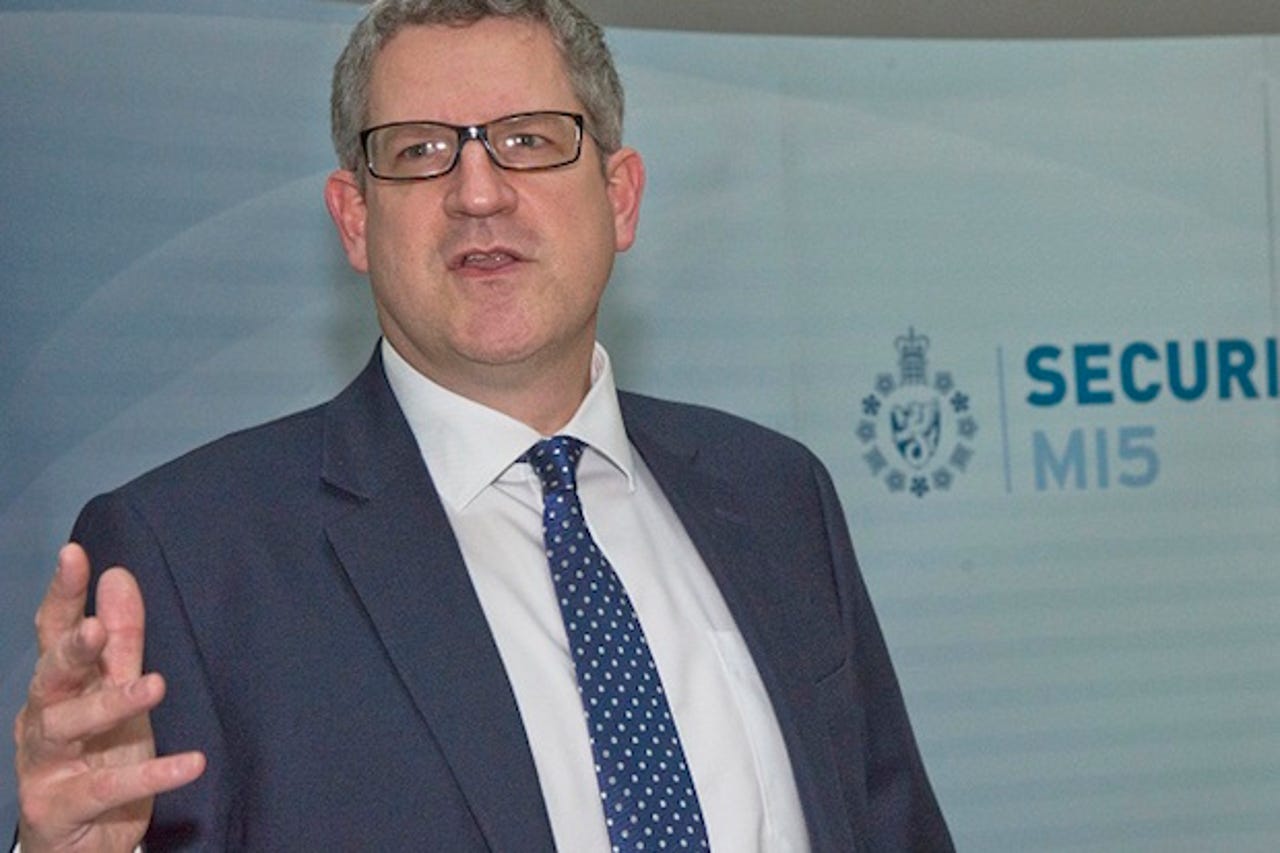UK spy chief warns Apple, Google privacy effort is "closing off" ability to catch terrorists


The head of Britain's domestic spy agency has warned changes in technology, largely enacted in response to leaked activities by U.K. and U.S. intelligence, is "making it harder" to maintain its counter-terrorist capability.
Andrew Parker, who heads up the agency colloquially known as MI5, warned in the wake of the terror attacks in Paris last week that changes in the technology market could hamper its efforts to prevent an attack.
Read this
"They use the same communications tools as the rest of us," Parker said in a speech on January 8. "The dark places from where those who wish us harm can plot and plan are increasing."
"Wherever we lose visibility of what they are saying to each other, so our ability to understand and mitigate the threat that they pose is reduced," he added
Parker adds his name to the list of opposition to a move by Apple and Google to include device encryption by standard. The latest software version for iPhones, iPads, and Android devices encrypts user data with a passcode. Apple and Google say they do not have a master key, therefore forcing law enforcement and intelligence agencies to seek data from the device owner themselves.
Representatives from the FBI, the NSA, the outgoing Attorney General Eric Holder, and members of Congress have all called for Apple and Google to face sanctions for their actions. Australia's federal police agency also warned of the "very serious consequences" for law enforcement.
Parker's comments come just a few weeks after U.K. electronic eavesdropping agency GCHQ's new chief Robert Hannigan warned of the consequences to Britain's intelligence gathering mission.
In an opinion piece for London's Financial Times, he said U.S. technology companies should offer "greater co-operation" in the fight against terrorism, while declaring that "privacy has never been an absolute right" particularly in the wake of the growing Islamic State threat.